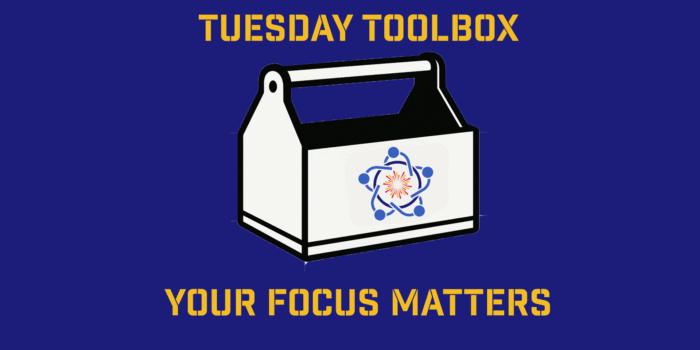The fine line between Critique and Criticism
In our communication, whether it’s in personal relationships, the workplace, or within creative endeavors, understanding the nuances between critique and criticism is crucial. While both involve providing feedback, their impact and effectiveness differ significantly.
Critique, unlike criticism, is characterized by its constructive nature. It aims to provide helpful insights, focusing on the work itself rather than attacking the individual behind it. The tone and intent of critique are respectful and empathetic, fostering an environment conducive to growth and improvement. Constructive critique can strengthen bonds by demonstrating care and investment in the other person’s growth.
Criticism often comes across as negative and judgmental, which can strain relationships. It can feel like a personal attack, undermining the recipient’s confidence and motivation. Criticism lacks the detailed analysis of critique, often relying on generalizations that offer little value in terms of improvement. In relationships, constant criticism can erode trust and lead to resentment, creating distance between individuals.
When we find ourselves on the receiving end of feedback, whether critique or criticism, it’s essential to embrace it with a growth mindset. This means approaching feedback as an opportunity for learning and development rather than as a threat to our ego. Actively listening to the feedback, without becoming defensive, allows us to fully understand the perspectives being shared and fosters empathy and can strengthen relationships.
Instead of dwelling on the negatives, it’s beneficial to search for the positive aspects within the feedback. Even in criticism, there may be nuggets of valuable insight that can help us grow and refine our skills. By acknowledging the gifts in the feedback, we can extract meaningful lessons and use them to propel our personal and professional growth forward, ultimately strengthening our relationships through mutual respect and understanding.



